In the midst of COVID-19, there were riots and protests in Chicago as people were fighting for equality and social justice. During this time of crime and unrest, students in Chicago had a unique opportunity to make a difference in their community through the help of CUS, “Chicago Untold Stories.” CUS is a summer program that offers teens video production experience and teaches them how to learn to shoot documentary-style films on an iPhone. We spoke with Lateefa Harland Young, Educator at Hyde Park Academy, and Rashaan Meador, Educator and CUS Producer about the importance of this initiative, and their involvement in the program.
The origin of CUS
CUS, originally known as “One Summer Chicago,” was created two years ago through a collaboration between Apple and the Chicago Public School system. The basis of the program is to help kids understand the power of their voice and share stories through their own lens. According to Lateefa, the program has been important at different times for different reasons. During COVID-19, it provided therapy and an outlet of expression for the students that they don’t normally have. In the midst of a lockdown period, Rashaan said that the students had a unique opportunity to “voice their opinions and create compelling content while other activities were shut down.”
OWC played a large part in the success of CUS by donating storage solutions for the project, specifically the Envoy Pro Mini. It also hired the students on their first paid freelance video job, which was to make a video about how they used their Envoy Pro Mini with the iPhone camera adaptor as a really efficient way to use OWC storage with their iPhone. Their workflows would be even easier now with the release of the Copy That app for IOS.
The program was designed around the We Make Movies Smartphone Studio curriculum in collaboration with the We Uplift The World Foundation which has been teaching students around the world remote filmmaking and a host of industry professionals, two teachers, guest lectures, and production gear were provided to the students.
“It afforded them the ability to speak out beyond their regular environment giving them a chance to voice their opinions, feelings, emotions, ideas, and resolutions beyond the normal community. Moments like this and programs like this create new thinkers, new leaders, and new ideas,” said Lateefa.
Telling their stories
The teens in the CUS program are able to tell their stories in their own way using their voices with the help of iPhones and mobile filmmaking. As an educator, Lateefa shared that most adults in the city aren’t able to fathom what the kids go through in Chicago. Everyone has their own unique perspective, and everyone’s experiences are different.
The Chicago Public School system is 90% minorities and for some of the students, the only time they get a real meal is when they go to school. This program allows them to enlighten others and share their thoughts and ideas through the eyes of a teenager. “Sometimes the teens get lost in the school system as they tend to focus more on the younger students,” said Rashaan. They aren’t adults, but many teens are being given “adult” responsibilities. CUS gives these students a way to express themselves, and to provide their own angles to the stories, as they many times see things through a different lens.
“We need to hear this generation’s stories of impact and learn how the choices we’ve made have molded them and changed their lives,” said Lateefa.
Why mobile filmmaking?
Mobile filmmaking is important in Chicago due to the lack of access to technology for minorities. “Equitable access has always been an issue,” said Lateefa. In impoverished communities, many students do not have access to the equipment they need for education including computers. Most young people however do have a cell phone and are comfortable with using one, which opens the door for mobile filmmaking specifically with an iPhone.
Rashaan explained that with a mobile device, teens can be physically somewhere where an adult may not necessarily go. Although CUS was able to provide some equipment for the students, it was difficult to get everyone in a central location, making mobile the easier choice for filmmaking.
“Mobile is really important for students because it teaches them to be able to use what they have, and it empowers them to tell their own stories,” said Rashaan.
Chicago today and the media
Currently, the number of COVID-19 cases is quite high in Chicago, and many restrictions have been put in place. Crime rates are increasing and the pandemic has been a catalyst for more violence. According to Lateefa, “it isn’t safe for kids to be outside, as tensions are quickly rising in the city.” Rashaan discussed the civil unrest that the city is facing following the death of a 16-year-old that caused upheaval and protests. He said that the kids are adapting surprisingly well, despite the additional lockdowns, but that the media is not helping.
Both Rashaan and Lateefa feel that the stories being produced about young people today are not positive. “The media sees these kids as a threat, undisciplined rule-breakers, or animals,” said Lateefa. These kids are survivors and yet still find ingenious ways to be creative. Rashaan talked about the importance of today’s kids getting on the right path. There are positive stories out there, such as kids cleaning up in the neighborhood for example, and not every location is a “warzone.”
“This is a chance for teens to tell their own story and even inspire new stories in the media,” said Rashaan.
The future of CUS
Rashaan and Lateefa’s passion for CUS is very apparent, and they hope to see the program continue to grow and flourish. Last year the students had a chance to share their filmmaking work at the Apple store on Michigan Ave. in Chicago. This year, due to COVID-19, their projects were shared virtually. Rashaan said that he would love to see the content that the students create also shared in the classroom, as there are important lessons to be learned. Lateefah talked about the great feeling of empowerment you have when you are able to truly articulate your thoughts and feelings.
“It’s my hope that storytelling and filmmaking become a thread woven into every area of life for young people,” said Lateefa.
As an educator, Lateefa recently went back to the classroom after her work with CUS. She explained that it has been going well because she finds peace in working with young people. She is passionate about her work and strives to help the students find their voice despite the many challenges they are facing. “I just try to find every opportunity and every avenue to connect with them on a deeper level,” said Lateefa.
Rashaan and Lateefa are most certainly playing a large part in educating the youth of Chicago by being a positive source of inspiration and encouragement. They are empowering these teens and helping to provide valuable opportunities like this one with CUS that they otherwise may not have had.
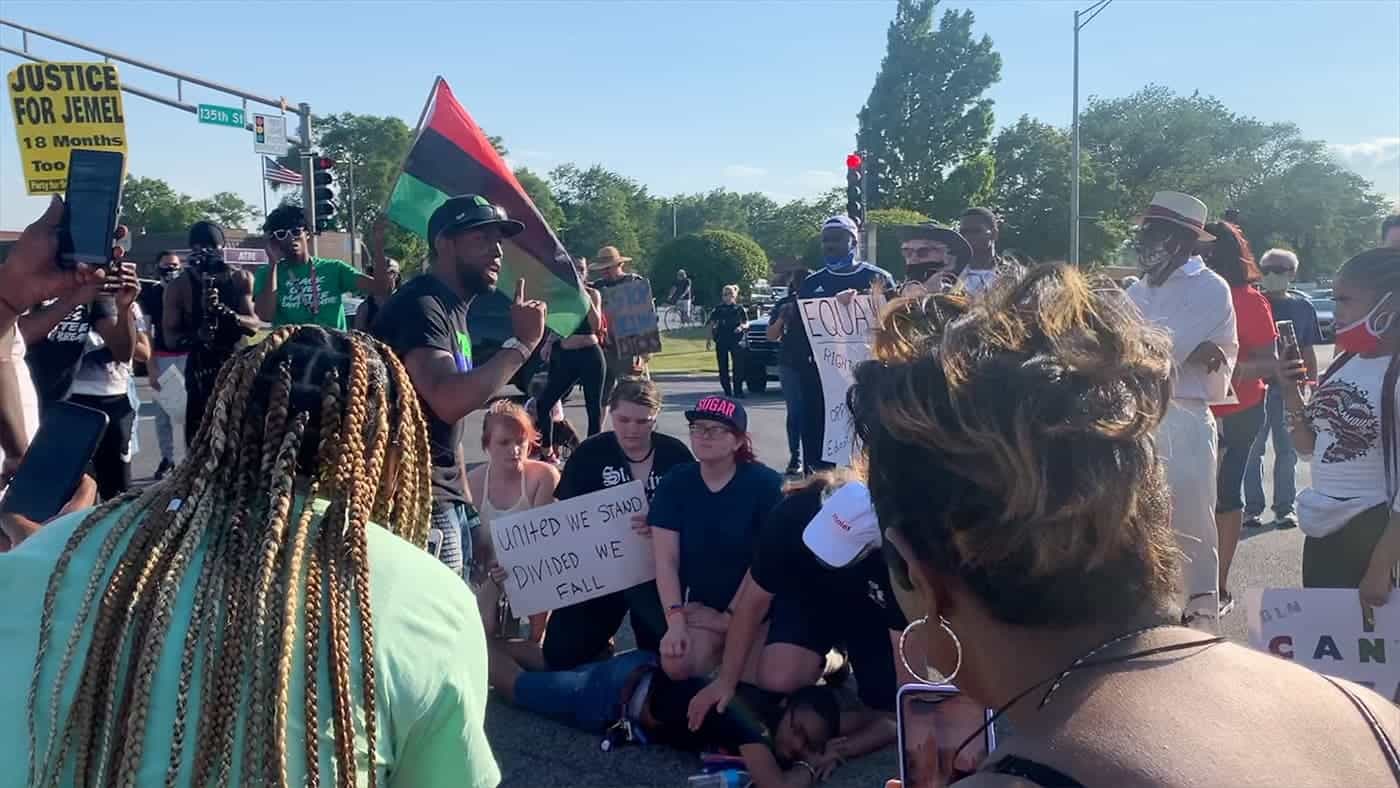

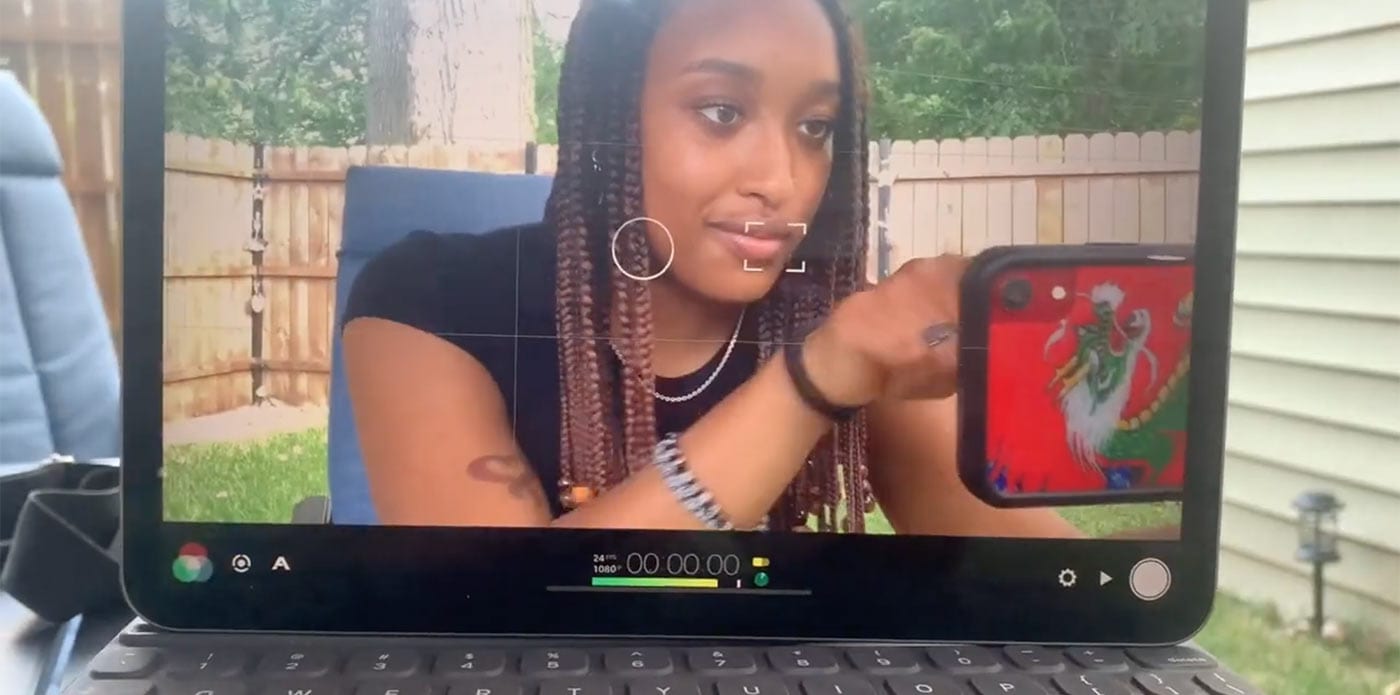
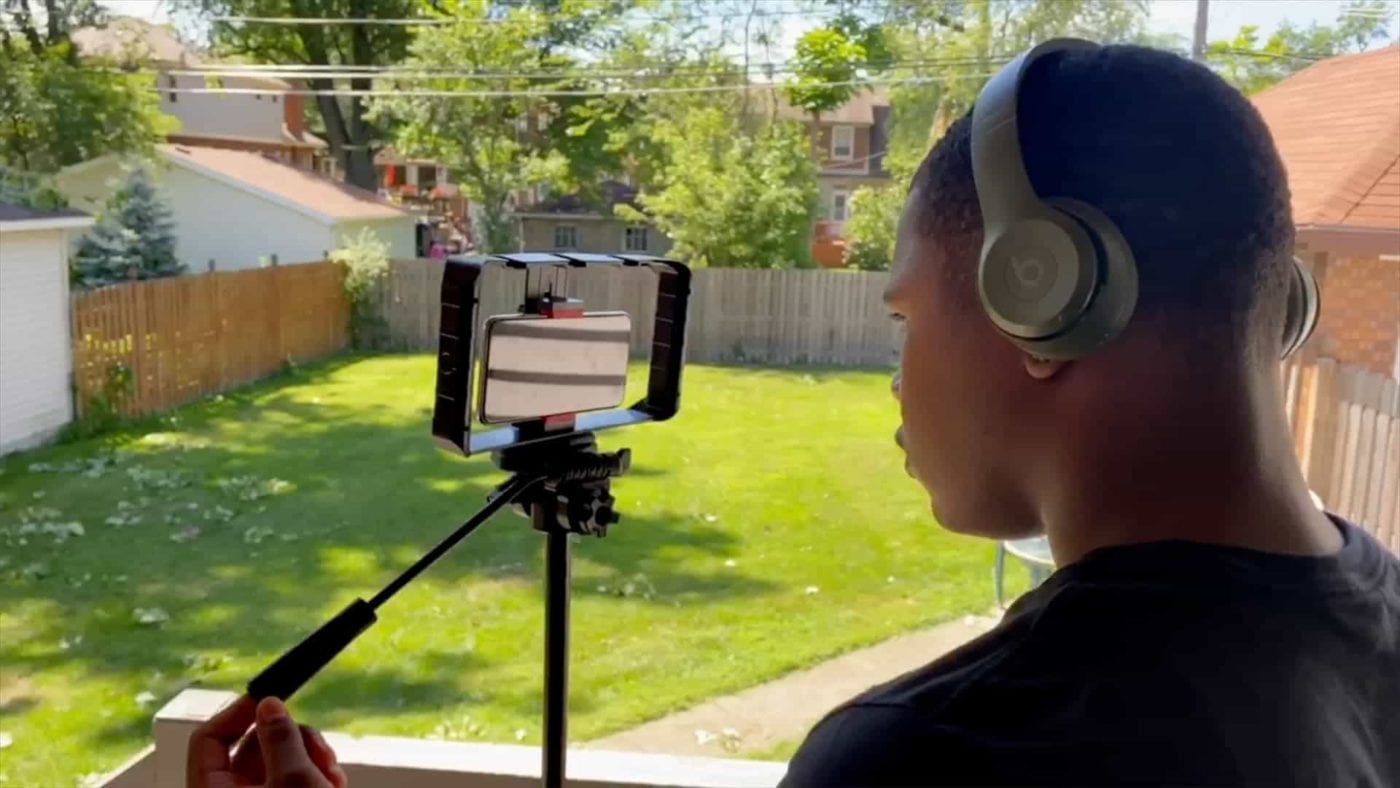

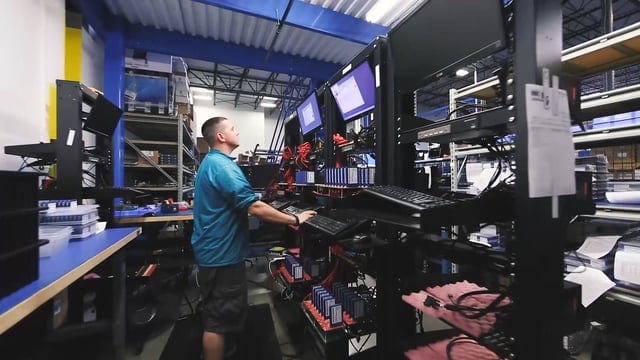
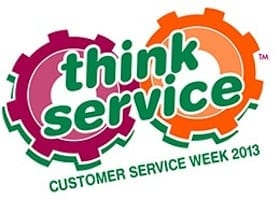
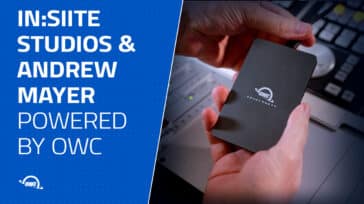
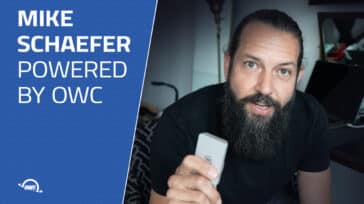
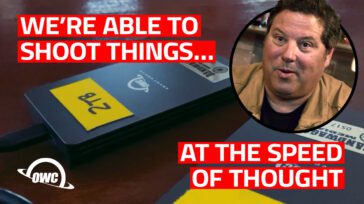
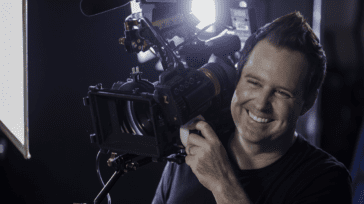


What an excellent opportunity for all youth. This program affords students to learn and use their cell phones as creative tools. Rashaan and Lateefa, I applaud your efforts and creativity. CUS could be an excellent experience for 7th and 8th grade students too.